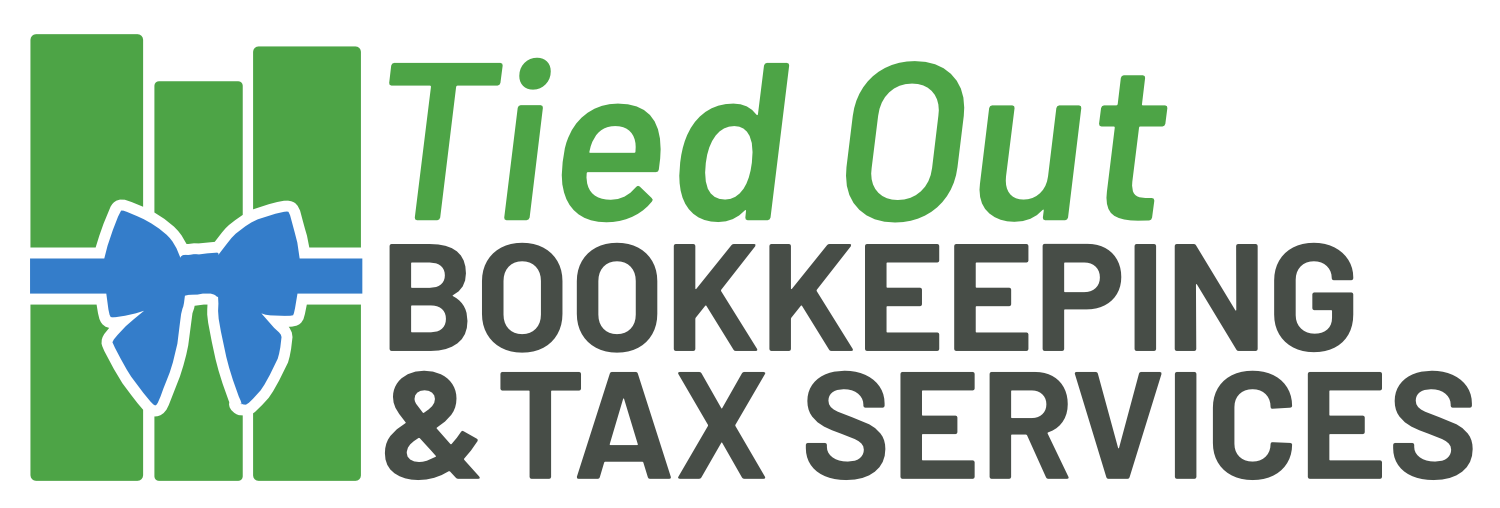Every business owner knows the feeling: that moment when you realize your growing company needs a proper accounting system, but the prospect seems overwhelming. Whether you’re tracking client projects, managing team expenses, or planning for growth, having the right financial infrastructure isn’t just about compliance—it’s about creating a foundation for sustainable success.
Why Your Accounting System Matters More Than You Think
Think of your accounting system as your business’s financial command center. It’s not just about tracking dollars and cents—it’s about having the insights you need to make confident decisions. When set up correctly, your accounting system becomes a powerful tool that helps you:
- Understand your true profitability
- Make data-driven decisions about resource allocation
- Spot financial trends before they become problems
- Scale your operations efficiently
Essential Components of a Modern Accounting Setup
1. Cloud-Based Accounting Software: Your Digital Foundation
The days of desktop accounting software are fading fast. Modern businesses need flexible, accessible solutions that grow with them. When evaluating accounting software, focus on:
- Real-time collaboration capabilities
- Mobile accessibility for on-the-go management
- Automated bank feeds and reconciliation
- Robust reporting and analytics
- Integration capabilities with your existing tools
Remember: The goal isn’t to find the most feature-rich platform but the one that best matches your workflow and growth trajectory.
2. Smart Account Structure: Building Your Financial Framework
Your chart of accounts is like the blueprint of your financial house. A well-designed structure should:
- Reflect your business model and revenue streams
- Enable meaningful financial analysis
- Support clear decision-making
- Accommodate future growth
Pro tip: Resist the urge to create too many accounts initially. Start with essential categories and expand as needed based on your actual business activities.
3. Banking Infrastructure: The Foundation of Financial Control
Your banking setup does more than just hold money—it’s a crucial part of your financial control system. Consider:
- Dedicated business accounts for clear separation
- Digital payment solutions for efficient transactions
- Cash management tools for optimal liquidity
- Fraud prevention features for security
4. Modern Payment Systems: Streamlining Cash Flow
Today’s clients expect convenient payment options. Your system should include:
- Digital invoicing with multiple payment methods
- Automated payment reminders
- Clear payment terms and conditions
- Integration with your accounting software
Building Strong Financial Habits
Daily Practices
- Review cash positions
- Process pending transactions
- Check for payment notifications
Weekly Routines
- Reconcile accounts
- Review outstanding invoices
- Process expense reports
Monthly Tasks
- Generate financial statements
- Analyze key metrics
- Review budget vs. actuals
Leveraging Technology for Better Financial Management
Modern accounting isn’t just about recording transactions—it’s about using technology to gain insights. Consider implementing:
- Automated expense tracking
- Digital receipt management
- Real-time financial dashboards
- Predictive cash flow tools
When to Seek Professional Support
While modern tools make DIY accounting possible, certain situations call for expert guidance:
- Complex tax planning
- Strategic financial decisions
- System setup and optimization
- Compliance requirements
Taking the Next Step
Building your accounting system doesn’t have to be overwhelming. Start with the basics, focus on establishing good habits, and gradually add complexity as your business grows. Remember, the goal is to create a system that works for you—not one that creates more work.
Need help setting up or optimizing your accounting system? Our team at Tied Out Bookkeeping & Tax Services specialize in helping businesses build efficient, scalable financial infrastructure. Contact us to learn how we can help you create a system that drives growth and success.

